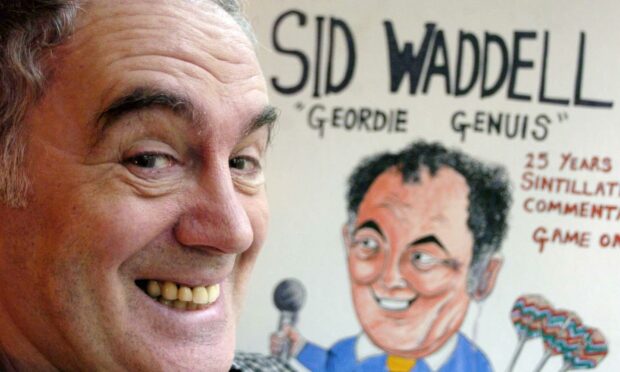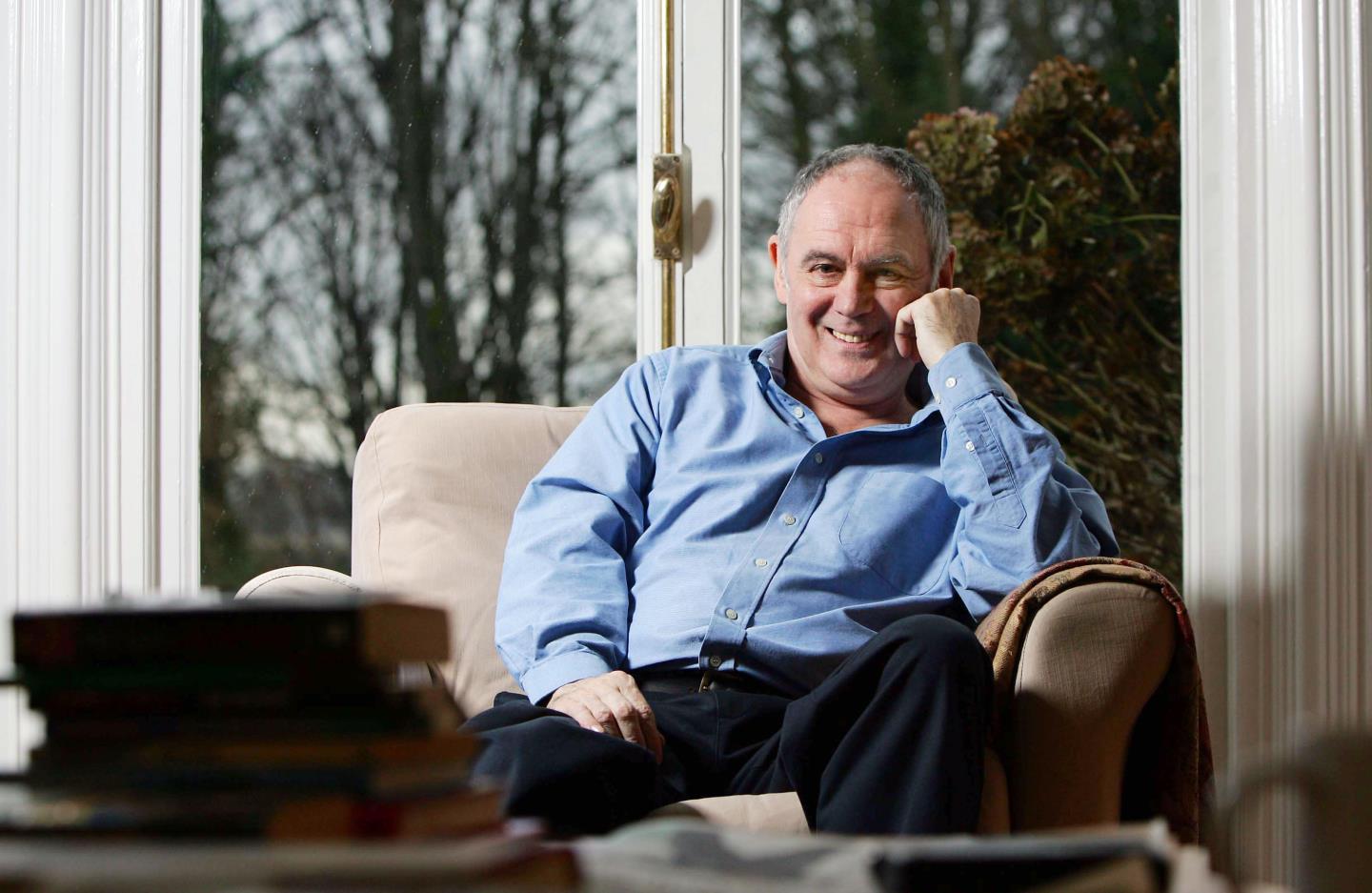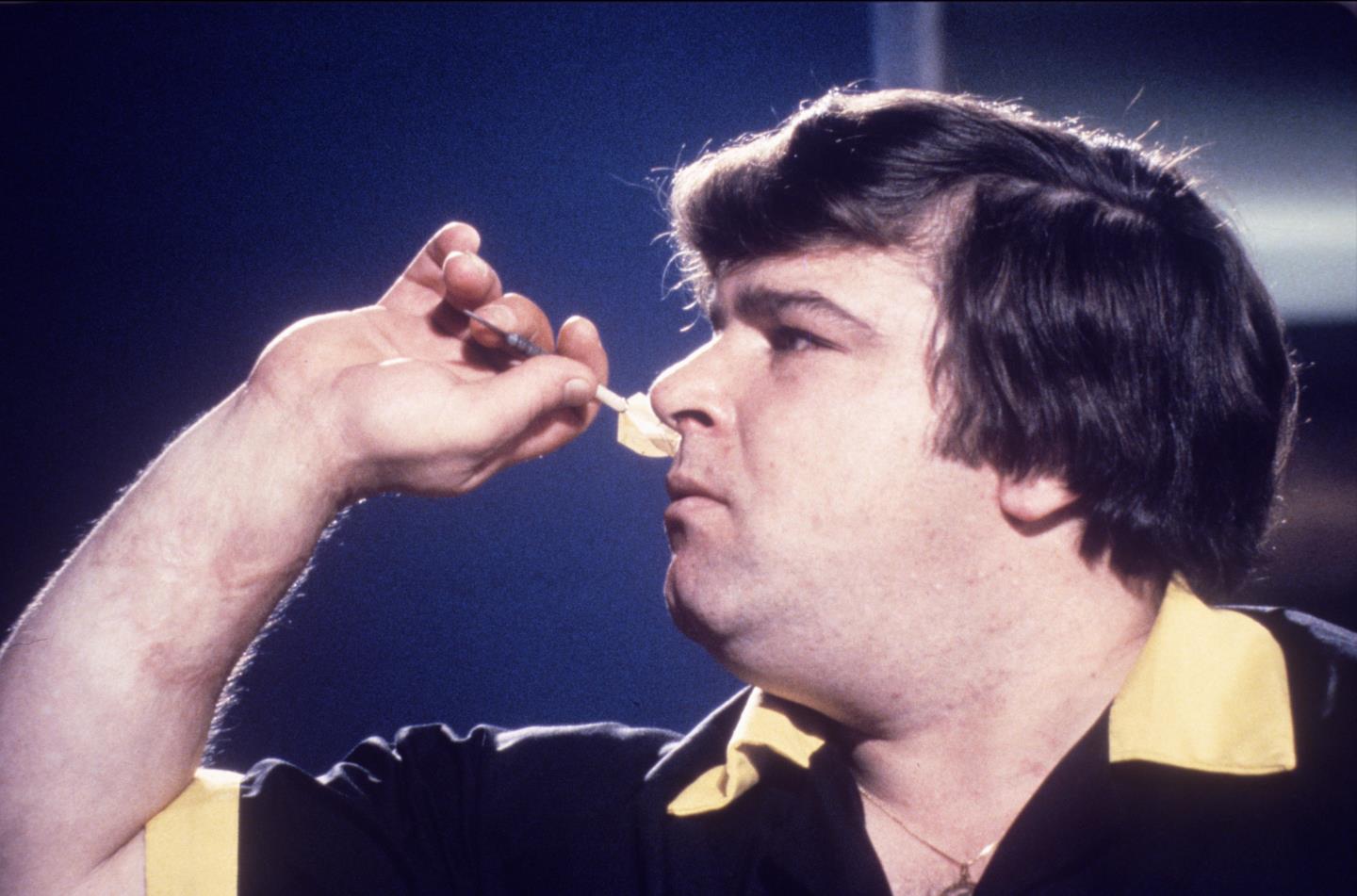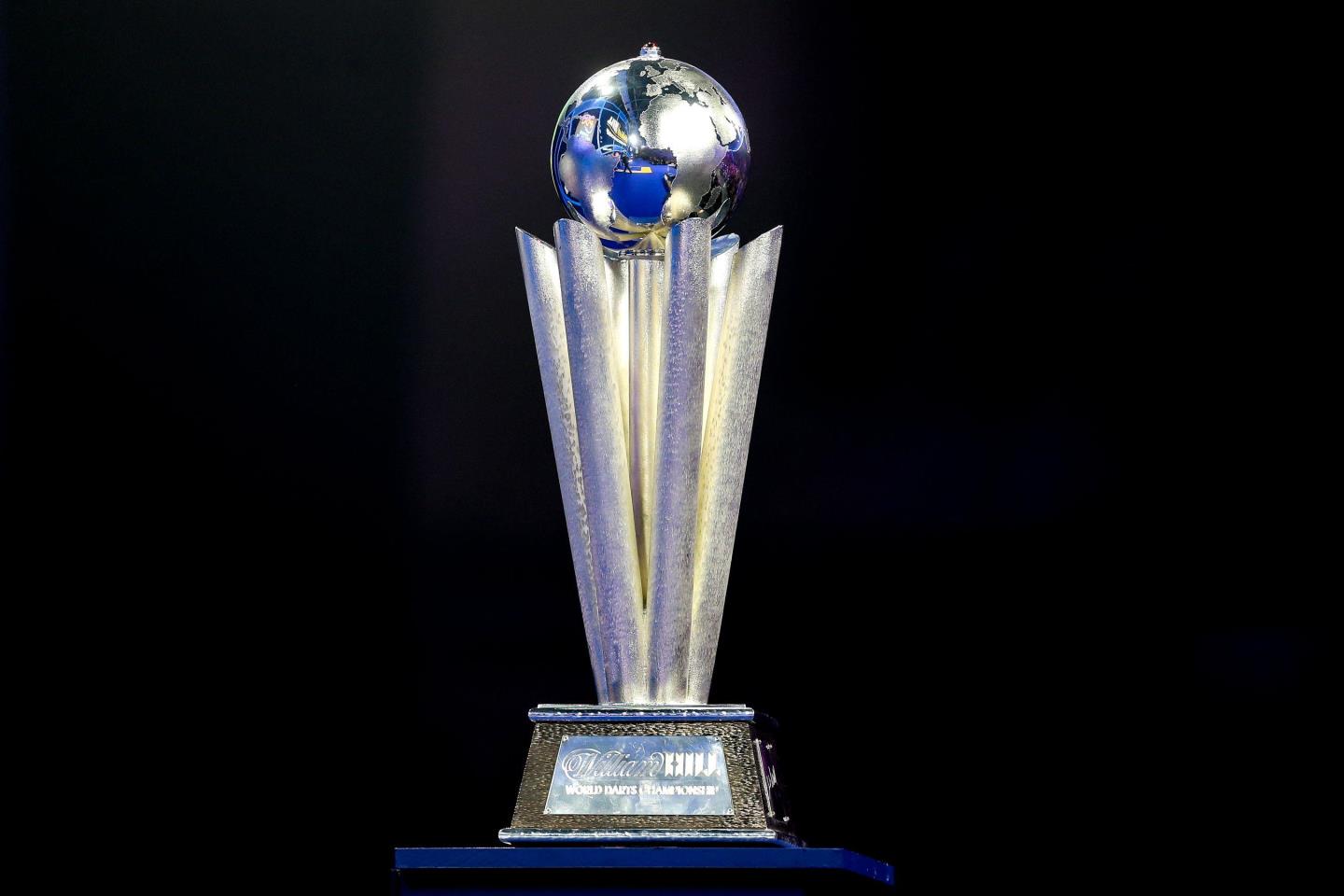Precious few commentators have ever drawn analogies between the Laughing Cavalier and “Lee Van Cleef on a bad night”.
And nobody else had ever brought such a philosophical bent to the world of bullseyes, double tops and life around the oche as Sid Waddell, who might have died a decade ago, but whose wit and wisdom endure unscathed.
This was the Geordie-born children’s writer and sports enthusiast, who swapped bon mots with the beer-nut brigade and possessed a rare gift for painting compelling pictures of competitors whose talents were often as largely wasted as they were largely waisted.
I first started taking notice of his delicious literary allusions and ability to transcend the “over the moon/sick as a parrot” cliches of sports commentary when he was describing epic battles between such stellar luminaries as Eric Bristow and the Scottish maestro, Jocky Wilson, in the 1980s.
Who else would have responded to a global triumph for the “Crafty Cockney” by saying: “When Alexander of Macedonia was 33, he cried salt tears because there were no more worlds to conquer… Eric Bristow’s only 27.”
And who else would have depicted the silence during a particularly fraught tussle with the words: “The atmosphere is so tense that if Elvis walked in with a portion of chips, you could hear the vinegar sizzle on them.”
He was born with the gift of the gab
I’ve never forgotten speaking to Sid about everything from American politics – he wasn’t a fan of either of the President Bushes or Donald Rumsfeld – to getting sloshed before a darts contest (he was a decent player in his youth) and embarrassingly being beaten by a rival team of trainee vicars.
And the fashion in which he reeled off a string of anecdotes with a mixture of Bill McLaren’s expertise and Peter Ustinov’s drollery made a mockery of the snooty TV executives who didn’t want him behind the microphone because of his accent – “I couldn’t do anything about it because what on earth would my parents have said if I had pretended that I spoke any other way?”
Thankfully, he had the last laugh and we learned to marvel at how he could distinguish between a dartist on a roll – “Look at the man go: it’s like trying to stop a water buffalo with a pea-shooter” – and somebody who was struggling: “He looks about as happy as a penguin in a microwave.”
As an accomplished author and TV scriptwriter, Sid created the popular children’s comedy sitcom, Jossy’s Giants, about a boys’ football team, for the BBC, which attracted 6.8m viewers at its peak in 1987.
He had previously launched a pub gameshow for Yorkshire Television with a programme presented by former England cricketer Freddie Trueman, who had such trouble getting to grips with the autocue that he once described an arm-wrestler as: ‘The nancy boy with natty knuckles’, instead of ‘The Narcissus of the knotted knuckle”.
But, while Sid loved a joke and relished the banter and brio between the men who dominated darts in the 1980s and 1990s, he was also somebody who cared deeply about the often chaotic lives of individuals such as Wilson, the pint-sized Fifer with a troubled childhood and a genius for his sport.
Indeed, there was something poignant, something genuinely evocative when he talked to me about his introduction to Wilson and how they became pals afterwards and remained so even when Jocky had a thousand so-called “friends” and could have fitted them all into a phone box.
He said: “I will never forget the first time I clapped eyes on him.
“We were getting ready for the 1981 World Championship when this wee lad with a horrible, shaggy mullet walked into the bar, wearing a ragged old anorak, with a cheese sandwich sticking out of one of the pockets, and carrying a suitcase which must have been the size of a matchbox.
“Straight away, he challenged my co-commentator, Tony Green, to a match, with a fiver at stake, and he was playing away into the early hours of the morning with a big smile on his face, blissfully oblivious to the fact that he was supposed to be preparing for the biggest tournament of his life.
“That was Jocky for you.
“He had a wonderful talent and although many others would have ended up in intensive care if they had drunk as much as he did, the fact he won two world titles (in 1982 and 1989) shows you how good he really was with the arrows.
“And he was a smashing bloke as well.”
It was a sad coincidence that, despite their different backgrounds and perspectives, the duo died within five months of one another in 2012, with Jocky succumbing to health problems in March and Sid to bowel cancer in August.
Not that either of them has not left an indelible impression.
And, right to the end, Sid fiercely believed that darts was every bit as much a sport as snooker and golf, despite the detractors who used to point at the girths of such latter-day stars as Cliff Lazarenko, Leighton Rees and Jocky.
‘What are they babbling on about?’
As he said: “If you are on a beach with your mate, hitting a tennis ball at each other, then it’s not sport. But as soon as you draw a line in the sand and say that’s the net, as soon as there’s competition and rules, then it’s sport.
“And what requires better hand-eye co-ordination than darts? As for Jocky, yes he was a big guy, but then he’d had lots of manual jobs.
“He’d been a miner, he’d been a coal-deliverer humping sacks. Give him some respect.
“He never did drink at home, only when he was out with the lads. In Bristow’s immortal phrase, one pint was plenty, but 50 wasn’t enough.
“He used to live in Newcastle, but he did a moonlight flit before Christmas in 1995. Left his car and his house.
“He explained later that he had had enough of fame and walked away from it all. We couldn’t persuade him to come back and that was the end of the road. No more Gunfights at the OK Corral.
“But the sad thing is, he never knew how much people genuinely loved him.”
The same could be said of Sid Waddell.
In the man’s immortal words: “I remember an early world championship, I had just finished the final and the director came over to me and said: ‘That’s ridiculous, in two minutes of commentary, you have flung in the Old Testament, Rod Stewart, the Koran, half of Shakespeare and some of Milton. Spread it out a bit’.
“Well, about two hours later, I was standing at the bar drowning my sorrows, when the same lad come over and said: ‘The controller of BBC2 has been on the line. He thinks you’re great. Carry on.'”
More like this:
Alex Higgins, Steve Davis and the Arbroath bookie who cost the Hurricane a grand



